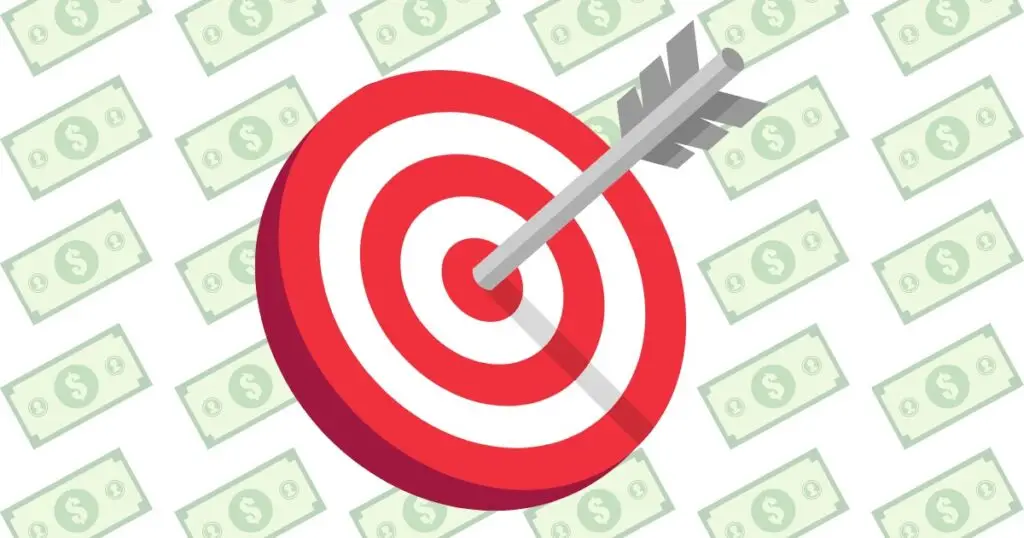
Impulse purchases are often a major hurdle in managing personal finances effectively. These are spontaneous, emotional buys that can lead to significant financial strain over time. Understanding what impulse purchases are, recognizing their triggers, and learning how to control them is crucial for maintaining financial health. In this article, we’ll explore impulse purchases, why they can be detrimental to your financial life, and provide practical tips on how to avoid them.
What Are Impulse Purchases?
Impulse purchases are items bought on a whim, often without planning or consideration. They are typically driven by emotions such as excitement, boredom, or stress rather than actual need. These purchases can range from minor items like snacks and gadgets to more significant expenditures like clothes or electronics.
Impulse purchases often occur because of the immediate gratification they provide, bypassing rational thought and long-term financial goals. This behavior can quickly derail a well-planned budget, leading to financial instability and stress.
How to Identify Impulse Purchases
Recognizing impulse purchases can be challenging, but there are common signs to look for:
- Emotional Triggers: If you’re buying something to cope with stress, boredom, or sadness, it’s likely an impulse purchase.
- Unplanned Spending: Purchases made without prior research or budgeting often fall into this category.
- Sales and Promotions: Special offers or discounts can prompt impulse buying, even if the item wasn’t on your radar.
- Social Influence: Pressure from friends or social media can lead to unplanned purchases.
- Instant Gratification: Items bought on a whim without a real need or benefit.
Why Avoiding Impulse Purchases is Necessary
Avoiding impulse purchases is vital for several reasons:
- Financial Stability: Impulse purchases can disrupt your budget, leading to financial instability and debt.
- Long-Term Goals: Frequent unplanned spending can hinder your ability to save for significant financial goals, such as buying a home or retirement.
- Stress Reduction: Managing finances and avoiding unnecessary spending can reduce financial stress and improve overall well-being.
- Improved Decision Making: Avoiding impulse buys helps you make more deliberate and thoughtful financial decisions.
- Better Budgeting: Controlling impulse spending allows for more accurate and effective budgeting, helping you allocate funds to essential areas.
Tips for Avoiding Impulse Purchases
To maintain financial health and avoid the pitfalls of impulse purchases, consider the following strategies:
- Create a Budget: Establish a detailed budget that includes all your income, expenses, and savings goals. Stick to this budget to avoid unplanned spending.
- Make a Shopping List: Before shopping, create a list of what you need and stick to it. Avoid adding items that are not on the list.
- Delay Gratification: Implement a cooling-off period before making a purchase. If you still want the item after a few days, it may be worth considering.
- Identify Triggers: Recognize what triggers your impulse buys—whether it’s emotional states, marketing strategies, or social pressures—and find ways to manage or avoid these triggers.
- Avoid Temptation: Limit exposure to places and situations that trigger impulse purchases. For instance, unsubscribe from marketing emails or avoid browsing online stores when you’re bored.
- Set Financial Goals: Having clear, achievable financial goals can help you stay focused and resist the urge to make impulse buys that don’t align with your goals.
- Track Your Spending: Regularly monitor and review your spending habits to identify patterns and make adjustments as needed.
- Use Cash Instead of Credit: Using cash for purchases can make you more conscious of your spending and help you stick to your budget.
- Seek Support: If you find it challenging to control impulse buying, consider seeking support from a financial advisor or counselor.
- Educate Yourself: Learn about personal finance and the impact of impulse purchases on long-term financial health to stay motivated and informed.
Conclusion
Avoiding impulse purchases is essential for maintaining financial stability and achieving long-term financial goals. By understanding what impulse buying is, recognizing the triggers, and implementing practical strategies, you can better manage your finances and build a stronger financial future. Remember, staying disciplined with your spending helps ensure that you allocate resources wisely and make decisions that align with your long-term objectives.
Frequently Asked Questions
1. What are some common triggers for impulse purchases?
Common triggers include emotional states like stress or boredom, marketing promotions, social pressure, and exposure to advertisements.
2. How can I manage emotional spending?
To manage emotional spending, identify your triggers, use a budget, delay gratification, and seek support if needed.
3. How does impulse buying affect my financial health?
Impulse buying can lead to budget overruns, debt accumulation, and hinder your ability to save for long-term goals, impacting overall financial health.
4. What are some strategies to avoid impulse purchases online?
Strategies include using cash, setting online spending limits, avoiding browsing when bored, and unsubscribing from marketing emails.
5. Can impulse purchases be beneficial in any way?
Impulse purchases can sometimes offer joy or satisfaction, but they are generally not aligned with long-term financial goals and can disrupt financial stability.
Thank you for reading this article on impulse purchases. For more tips on managing your finances and achieving your financial goals, explore our other articles. Your journey to financial wellness starts with informed decisions and smart spending habits.


